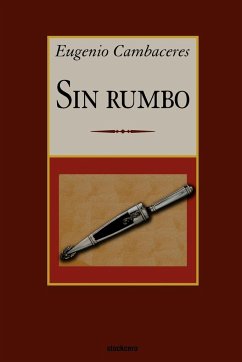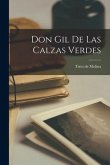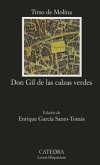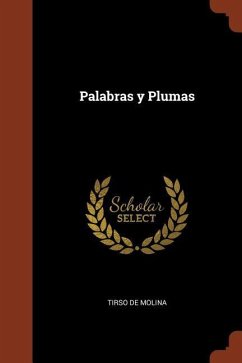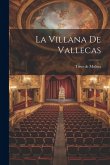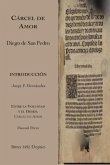In Sin rumbo Cambaceres portraits scenes of the Argentine upper class at the turn of the XIX Century. Detailed and realistic the author defines with literary uniqueness the atmosphere with the initial clash during the sheep shearing scene. Then come the noon horseback ride to the peasant woman's shack, the forced seduction down to complete surrender in body and soul, and the whim of a night spent together with the sensations that assault and repulse him. The flight to the mundane life in Buenos Aires, the club, the theatres, complete the portrait of a lost man who ends up facing nature in his way back to the estancia, in pursuit of a family life destiny will end up denying him. Cambaceres shows his literary power not only through his intellectual vision and deep knowledge of the argentine spirit, but also through the language prowess of conveying the true upper class "porteño" talk, that familiar Spanish jargon tainted with semi-french semi-gaucho argot that was so particular of his contemporaries and still subsists nowadays, though veiled to the unknowing.
Hinweis: Dieser Artikel kann nur an eine deutsche Lieferadresse ausgeliefert werden.
Hinweis: Dieser Artikel kann nur an eine deutsche Lieferadresse ausgeliefert werden.

